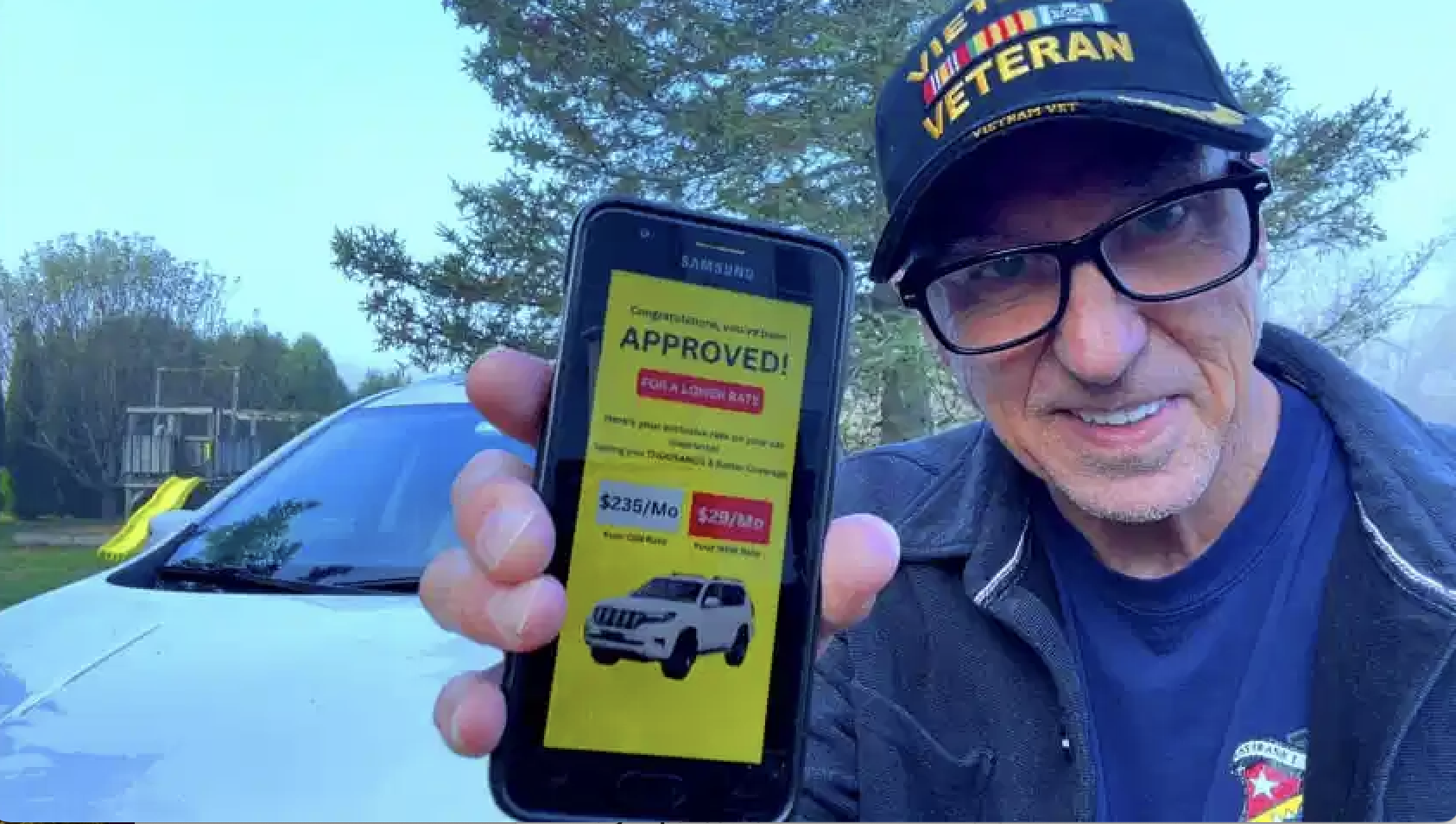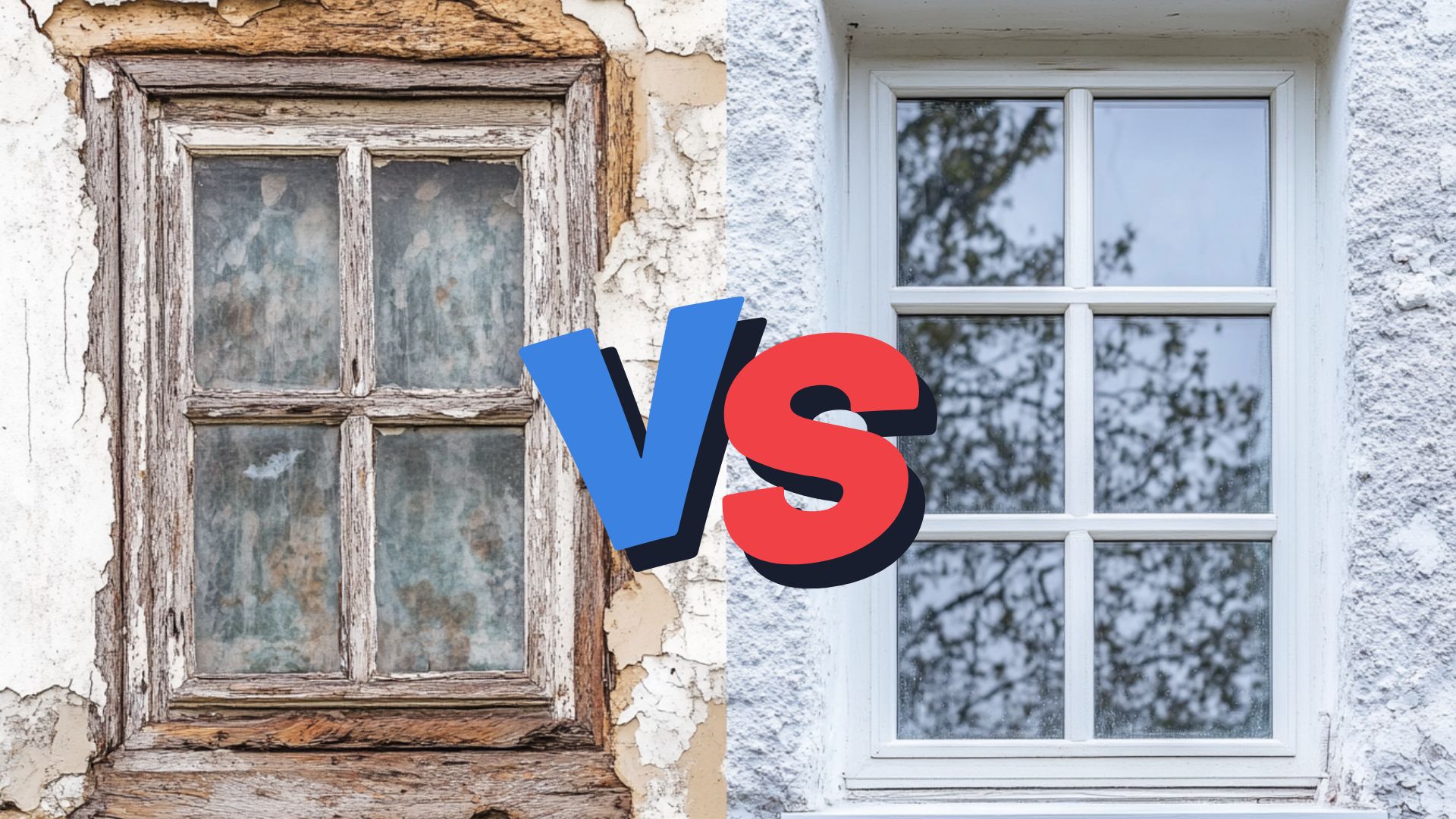ATTENTION Seniors: Claim Your Exclusive State-Backed Benefits Before They Disappear!
 By Sean Freeman Last updated
By Sean Freeman Last updated 
If you're a senior in your state, every extra dollar matters—yet most seniors still leave thousands in state-approved aid unclaimed. Brand-new programs (plus turbo-charged classics few people know about) can slash utility bills, cover critical home repairs, and even unlock direct cash rebates—but only if you act before this month's filing window closes.
"These savings wiped out my roof repair bill and put money back in my pocket," says Harrison M. from your area.
Thousands of neighbors just like you are already tapping into these state-specific benefits. Read on to see which programs you qualify for and how to secure your share before funds are reassigned elsewhere.
1. Seniors Can Get Full Coverage Car Insurance For Less Than $2 A Day!

Insurance commissioners in 37 states (including right here in your state) just confirmed what senior drivers suspected: You've been overcharged for years. Local seniors are now claiming what they're owed.
If you've been with the same insurer for 2+ years, regulatory audits show seniors are overpaying by an average of $483/year. It's called "loyalty penalty pricing" and it's perfectly legal.
But here's what they didn't expect: A new comparison tool now shows seniors their exact overpayment amount in real-time. Insurance companies are scrambling to block it.
The results are shocking. One local senior driving a Toyota discovered State Farm was charging her $2,100/year. The exact same coverage elsewhere? $597. Seniors are saving hundreds.
Act fast: Insurers are lobbying to shut down these comparison tools ASAP.
2. Senior Homeowners: Check If You Qualify for Complete Roof Replacement

Your roof is your home's first line of defense from nature, but most senior homeowners don't realize that an aging roof can cost thousands in hidden damage and increased energy costs.
If your roof is over 10 years old, you may be eligible for complete replacement through special programs for qualifying senior homeowners. These programs combine insurance benefits, tax incentives, and government assistance to dramatically reduce or even eliminate out-of-pocket costs.
A new roof doesn't just protect your home – it reduces energy bills by up to 30%, prevents costly water damage and mold issues, increases your home's value (average $22,600), and can lower your homeowner's insurance premiums.
Don't wait until leaks or damage occur. Check if you qualify for special roof replacement assistance today.
3. Seniors Born Before 1965: Window Replacement Program Ending Soon

A little-known federal energy initiative is causing seniors born before 1965 to rush to replace their windows with energy-efficient models before the program changes.
If you own a home with windows installed before 2018, you may be sitting on thousands in untapped savings. But here's what they don't want you to know: only 3% of eligible seniors are taking advantage of this before it's gone.
The program covers premium energy-efficient windows that slash heating and cooling costs by up to 47%. One senior told us: "I thought this was too good to be true until I saw my first energy bill."
Warning: Installation crews are booking 6-8 weeks out in some areas. Once your zip code hits capacity, you'll miss out until 2026.
Check these 3 requirements (you must meet ALL):
- ✓ You were born before 1965
- ✓ Your home was built before 2015
- ✓ You haven't claimed window credits since 2020
4. Seniors: Getting $15,000 Walk-In Tubs for Almost Nothing (Medicare Loophole)

A little-known Medicare provision combined with manufacturer rebates is helping local seniors get luxury walk-in tubs at 80% off retail. Most seniors never check if they qualify.
Every 8 seconds, a senior is hospitalized from a bathroom fall. If you're over 60, your standard bathtub is a ticking time bomb – but there's finally an affordable solution.
These aren't cheap plastic tubs – we're talking $15,000 therapeutic systems that insurance companies are now required to help cover for qualifying seniors.
Mary T., 72: "Medicare covered $9,000, manufacturer rebate was $3,000. I paid $300 for a tub that saved my independence."
Program ends December 15th. Once gone, you'll pay full retail price.